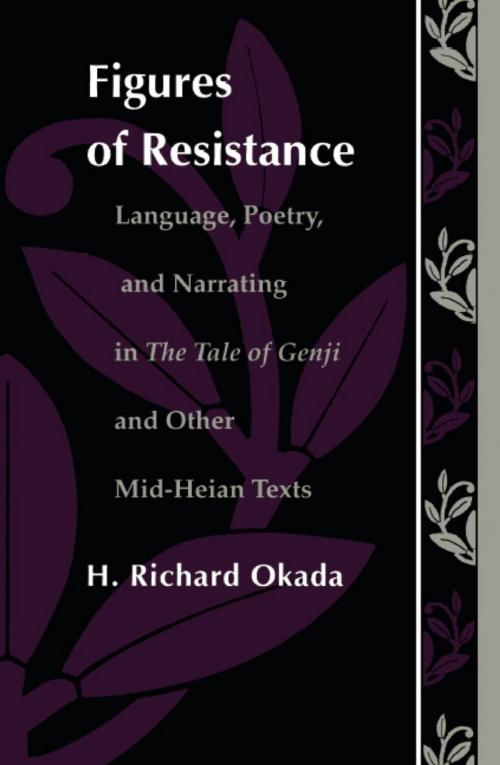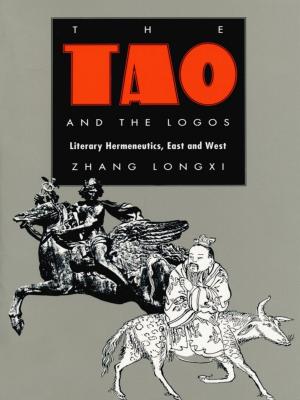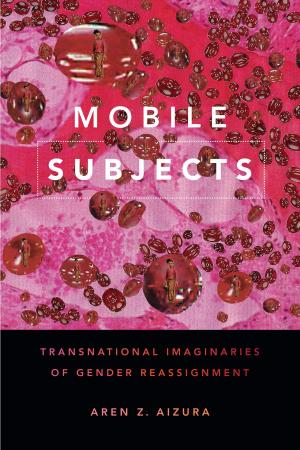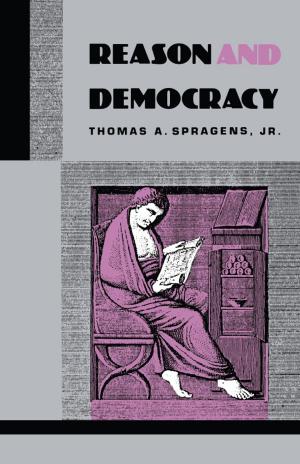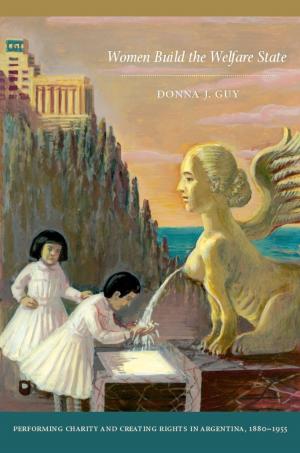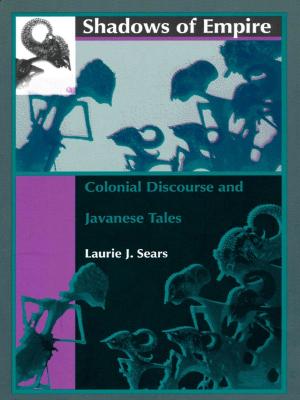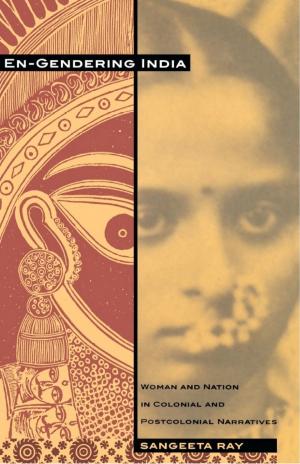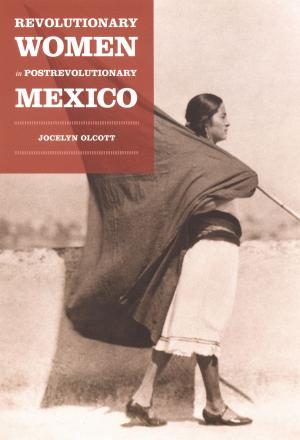Figures of Resistance
Language, Poetry, and Narrating in The Tale of the Genji and Other Mid-Heian Texts
Fiction & Literature, Literary Theory & Criticism, Asian| Author: | Richard H. Okada, Stanley Fish, Fredric Jameson | ISBN: | 9780822381723 |
| Publisher: | Duke University Press | Publication: | October 18, 1991 |
| Imprint: | Duke University Press Books | Language: | English |
| Author: | Richard H. Okada, Stanley Fish, Fredric Jameson |
| ISBN: | 9780822381723 |
| Publisher: | Duke University Press |
| Publication: | October 18, 1991 |
| Imprint: | Duke University Press Books |
| Language: | English |
In this revisionist study of texts from the mid-Heian period in Japan, H. Richard Okada offers new readings of three well-known tales: The Tale of the Bamboo-cutter, The Tale of Ise, and The Tale of Genji. Okada contends that the cultural and gendered significance of these works has been distorted by previous commentaries and translations belonging to the larger patriarchal and colonialist discourse of Western civilization. He goes on to suggest that this universalist discourse, which silences the feminine aspects of these texts and subsumes their writing in misapplied Western canonical literary terms, is sanctioned and maintained by the discipline of Japanese literature.
Okada develops a highly original and sophisticated reading strategy that demonstrates how readers might understand texts belonging to a different time and place without being complicit in their assimilation to categories derived from Western literary traditions. The author’s reading stratgey is based on the texts’ own resistance to modes of analysis that employ such Western canonical terms as novel, lyric, and third-person narrative. Emphasis is also given to the distinctive cultural circles, as well as socio-political and genealogical circumstances that surrounded the emergence of the texts.
Indispensable readings for specialists in literature, cultural studies, and Japanese literature and history, Figures of Resistance will also appeal to general readers interested in the problems and complexities of studying another culture.
In this revisionist study of texts from the mid-Heian period in Japan, H. Richard Okada offers new readings of three well-known tales: The Tale of the Bamboo-cutter, The Tale of Ise, and The Tale of Genji. Okada contends that the cultural and gendered significance of these works has been distorted by previous commentaries and translations belonging to the larger patriarchal and colonialist discourse of Western civilization. He goes on to suggest that this universalist discourse, which silences the feminine aspects of these texts and subsumes their writing in misapplied Western canonical literary terms, is sanctioned and maintained by the discipline of Japanese literature.
Okada develops a highly original and sophisticated reading strategy that demonstrates how readers might understand texts belonging to a different time and place without being complicit in their assimilation to categories derived from Western literary traditions. The author’s reading stratgey is based on the texts’ own resistance to modes of analysis that employ such Western canonical terms as novel, lyric, and third-person narrative. Emphasis is also given to the distinctive cultural circles, as well as socio-political and genealogical circumstances that surrounded the emergence of the texts.
Indispensable readings for specialists in literature, cultural studies, and Japanese literature and history, Figures of Resistance will also appeal to general readers interested in the problems and complexities of studying another culture.
